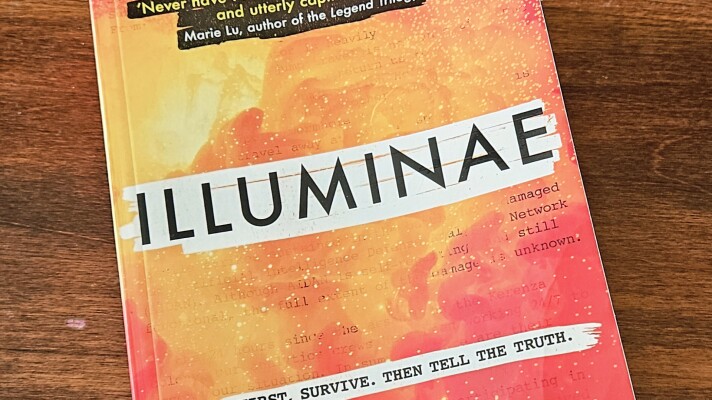Growing up, I had the distinct impression my family was strange. We bought a lot of our clothes and furniture at garage sales, for example. We ordered pizza for multiple meals every week because neither of my parents liked to cook; we gathered in the living room at night to sing folk songs to my father’s accompaniment on the guitar; and my mother owned a life-size cardboard cutout of Elvis Presley, which she placed in our sunroom to frighten our infrequent guests.
Perhaps this sense of familial oddity is why I have always been drawn to the novels of Shirley Jackson, especially to her final novel and masterpiece, “We Have Always Lived in the Castle,” published in 1962, just three years before her death.
You see, while much of Jackson’s writing highlights eccentricity of character and quirks of perspective, “Castle” zooms right in on one of the most dysfunctional families in American literature, the Blackwoods.
Arguably, Jackson wrote this novel—along with her most notorious short story “The Lottery”—about the community of North Bennington, Vermont, a semi-rural New England village with very little patience for anyone who did not fit their rigidly traditional mold, where Jackson and her family felt like permanent outsiders. Similarly, Jackson’s novel centers around Mary Katherine (“Merricat”), Constance, and Julian Blackwood, the surviving members of an ambiguously wealthy but clearly unusual family who would give the Addams clan a run for their money.
Near the novel’s opening, Merricat assures the reader that “the people of the village have always hated us,” and the reasons for this hatred seem to stem from the Blackwoods’ wealth, class snobbery, and the open secret that one of the young Blackwood girls apparently poisoned the rest of the group with arsenic-laced sugar during the evening meal.
Incredibly, the poisoning remains one of the least bizarre behaviors by the Blackwoods, and as the novel progresses, you become acquainted with such delightful idiosyncracies as Merricat’s backyard witchcraft, Constance’s paralyzing fear of leaving the house and grounds, and Uncle Julian’s obsession with chronicling the Blackwood family tragedy in his clearly haphazard memoirs. Unlike the rest of the remaining family members, Uncle Julian—left frail and in failing health by his consumption of the fatal sugar—seems fixated on the mystery of his family’s demise, no longer able to discern fantasy from fact as he compiles his “notes” and “papers” on that dreadful day.
Reading this novel perpetually reminds me of the universal strangeness of our family units, but it also forces me to reevaluate my own ideas on normalcy, decency, and the very human need to be understood by those we love the most. Humans are tribal beings by nature, and there’s a world of truth in the old adage about “birds of a feather” flocking tightly together.
In “We Have Always Lived in the Castle,” Shirley Jackson has drawn for us a broken family plagued by secrets, social exclusion, and mental instability, but one that nevertheless operates on the everlasting fuel of unconditional acceptance and love. And really, isn’t that what family should be all about?














